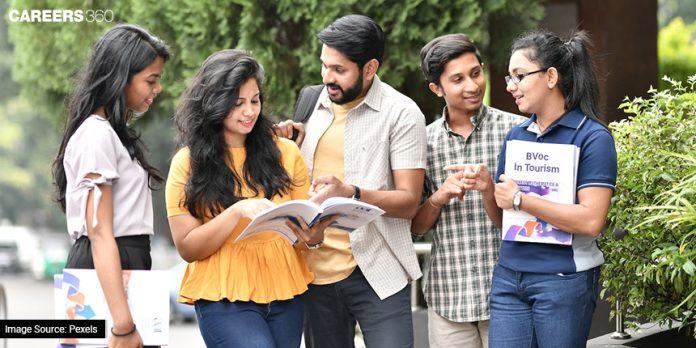(Uzbekistan), Oct 22:Hospitality education has been a victim of being stereotyped as vocational training and there is a need for a significant shift in this perception, according to Kunal Vasudeva, Managing Director of Indian School of Hospitality (ISH).
Vasudeva made the comments while delivering the keynote address at the “Global Education Forum” during the 25th General Assembly of the World Tourism Organisation (UNWTO) here which concluded on Saturday.
“I was raised in the 70s, where a career in hospitality was marginalised and stigmatised and often seen as a last resort and traditional fields such as medicine law, commerce, and humanities, and even considered less preferable to a period of aimless soul-searching. Fast forward to today, where the world is rapidly recognizing what some still hesitate to grasp. We have entered the experience economy, which is anticipated to evolve into an 8.2 trillion dollar behemoth; this isn’t a niche but a transformative force that shall alter the very DNA of our economy,” he said.
“It is no longer about unit economics but human economics! It’s no longer the software engineer, the lawyer, or the medical professional leading this charge. It is us — the individual trained in the nuanced art and rigorous science of hospitality. But despite his broad-reaching implications the field of hospitality often finds itself compartmentalised and relegated to the realm of only vocational training. The irony is glaring that society relegates hospitality education to a mere vocation training,” he added.
Vasudeva said that the service industry has long been a victim of cultural and social biases favouring so-called hard skills or the nuanced understanding of human interaction.
“This bias has done a disservice to the hospitality sector and society under the undervaluing of the essence of hospitality. The mega-cities of the modern world call for a recalibration of this viewpoint. Emotional Intelligence adaptability and resource management are not merely elective qualities, they are essential foundational skills of the 21st-century work professional,” he said.
“The widespread recognition of skills as foundational competencies is still in its infancy in many nations. This isn’t merely an inertia or lack of imagination, it’s a systemic issue, that requires multi-stakeholder solutions. So having dispelled some common misconceptions, the next logical step is to consider how we can collectively act to correct this course. Building upon the recalibration of skills highlighted earlier, it’s evident that systemic transformation cannot be achieved in isolation,” he added.
Vasudeva also advocated for unified action and public-private partnerships and shed light on the role of UNWTO in recognising the significance of quality education in sustainable tourism. Furthermore, he pointed out the need for a global approach to hospitality education and how a UNWTO-backed accreditation can become the gold standard.
He also stressed on the role of education in fostering ESG (Environment, Social, and Governance) principles during his address and highlighted the endeavours of countries like the Maldives, New Zealand, and Costa Rica, which have successfully integrated sustainability into their tourism industry, and underlined the need for more nations to follow suit.
“Adopting ESG principles can lead to significant financial benefits, and therefore, need to be globally adopted,” he said.
The 25th session of the UNWTO General Assembly incorporated a vibrant Global Forum on Education, emphasising the pivotal role of education in shaping the future of the tourism industry.
The event which concluded on Saturday brought together high-level ministers, thought leaders and renowned experts from around the globe to explore out-of-the-box approaches to tourism education and its significant impact on the sector.
Swiss hospitality business school Les Roches and Ecole Ducasse, a globally renowned institute in culinary and pastry arts, joined hands in 2021 with the Indian School of Hospitality (ISH) to offer courses and new opportunities for students in the country. (PTI)
Home International Hospitality education victim of stereotype, need for significant shift in perception: Indian...


